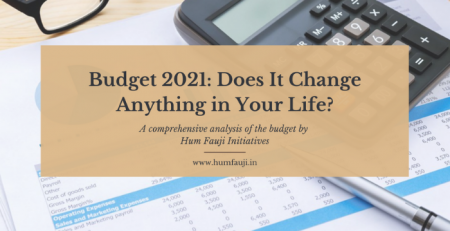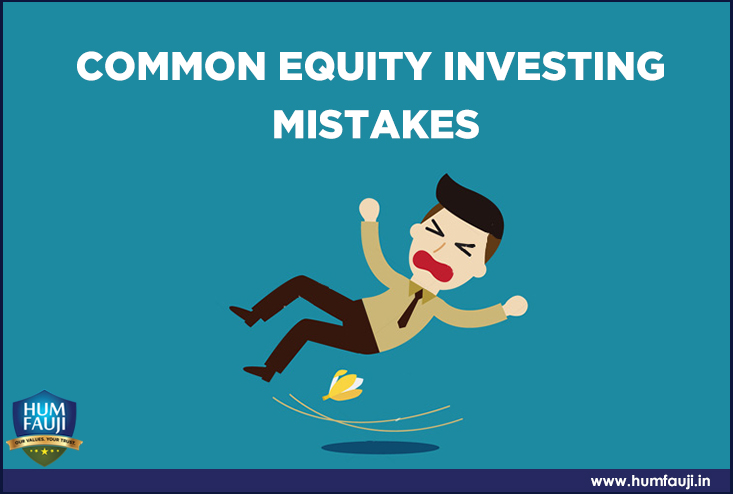The economy has taken a hard hit though the real impact is yet to be seen. As per RBI, India’s GDP will fall big-time!
Many domestic and global agencies forecast the fall to be more than 5 per cent this year. The stock markets have sensed the downturn, falling almost 37 per cent in March this year. There has been some rebound but things are still pretty shaky.
Most of you are worried, and with good reason. You all have many valid questions:
- Should I exit my investments?
- Do I need to stop my SIPs?
- Should I change my asset mix?
- What should I do with my portfolio?
- What should I do???
Some change is needed, but not in your portfolio! See below.
What should I do?
Yes, the situation is tense and may even worsen. But you as an investor have to follow a simple approach.
1. Differentiate between risk and loss: If you have long-term goals, then stay invested in the market. Don’t let the current market conditions deter you or spook you. Stay put. Don’t exit the market. If you get scared and actually sell your mutual fund (MF) units at lower NAV (net asset value) than your purchase price, you will lose money for real. A lower NAV is only a notional loss – don’t turn it to a real loss by selling.
As an investor try to differentiate between two things: being risk averse and being loss averse. Most equity investors are not risk averse; otherwise they wouldn’t invest in equities in the first place. But most of us are loss averse, which is what compels us to exit even our good investments at the wrong time.
Our tendency to be loss averse leads to another mistake. Many fail to invest in the equity market when the market is down or falling. Instead, they want to exit and mostly, move that money to fixed income avenues. Avoid making this mistake.
2. The right strategy always works: No matter what the market conditions are, an important rule of investment is patience. Often, ‘buy it, shut it, forget it’ (a la that famous Hero Honda advt…) is what works best. The way to wealth creation and achieving goals is to have the right investment strategy and process in place along with the ability to hold on for the long term.
One needs to change the attitude of chasing markets and returns. As an investor you know that equity is a must for long-term goals. You are aware that equity has given better returns even after adjusting for inflation over different time horizons and market conditions. Then why be averse to equity now?
In fact, when the market falls, valuations become attractive and offer opportunities to fund managers to pick up more in the right companies and sectors thus averaging out the costs. So, leave your worries and let your fund managers deal with the situation.
3. Right time to react: As an investor, your role is to simply stick to your goals and the asset allocation of your portfolio. Of course, you need to take out time and go through the reviews and changes that your adviser suggests in your portfolio. Non-performers have to go out in your Six-monthly portfolio reviews and be replaced with more suitable funds or assets.
Please remember – Reviewing a portfolio is different from reacting to the stock market every time it goes up 1,000 points or loses 1,500 points in a few sessions. The latter is a knee-jerk reaction and does more harm than good.
Instead of timing the market, build a comprehensive portfolio or a strategy for the long term and then stay the course.
Time in the market is more important than timing the market!!












Leave a Reply